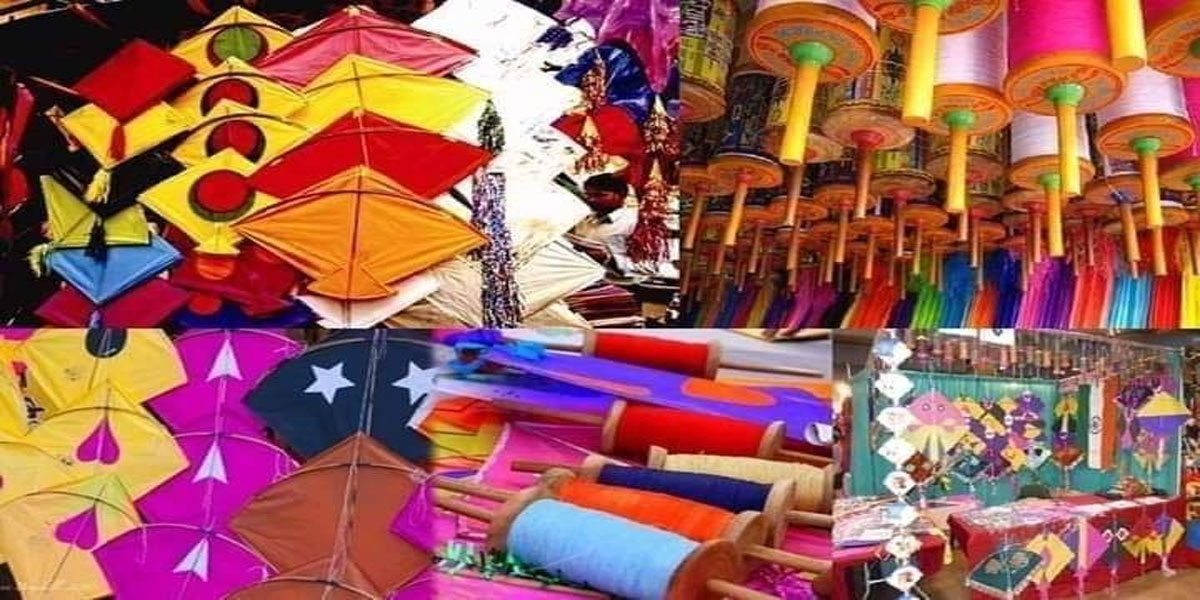Despite ban, Chinese Manja still available in market

Even after the government placed its ban the Chinese Manja in 2016, the synthetic thread also called as Tangus or Wire remains easily available in the market during the Sankranti festival, as if there is no restriction in usage of the material, which has already proved to be hazardous to birds as well as humans
Charminar: Even after the government placed its ban the Chinese Manja in 2016, the synthetic thread also called as ‘Tangus’ or ‘Wire’ remains easily available in the market during the Sankranti festival, as if there is no restriction in usage of the material, which has already proved to be hazardous to birds as well as humans. Many an incidents were reported in the recent years, where the Chinese manja was blamed for injuring or proving fatal to birds particularly pigeons. Scores of birds died after getting tangled in the threat.
There are about 50 types of manja which are generally used for kite flying as part of the Sankranti festivities. Mostly they are procured from states like Gujarat, Uttar Pradesh, Delhi, Karnataka, besides local manufacturers. Rates start from Rs 3 to Rs 100 per 100 meters, but the wire is generally imported from China (it is also said to be manufactured in Japan and Thailand). Its price starts from Rs 6 per 100 meters and the whole pack will be of Rs 600,” said B Das, owner of a 150-year old shop and third generation businessman near Charminar.
Nationwide ban came into effect following incidents of bird fatalities were reported, besides injuries to humans across the country during the festivities. Many birds which came into contact of this thread died. But due to customer preferences this manja remains available in the market, even though the violation invites 5-years of imprisonment and fine upto Rs 1 lakh or both. The local businessmen buy the manja from wholesalers in Delhi and Karnataka, who import it from China or Far East. “If the government had banned this manja, the government should stop it importing from other countries or ensure it is not manufactured within the country. As it remains available, we have to sell due to customer preferences. Even if we stop other stalls will continue to sell and we will be facing losses and unable to stand the competition. This year there is no new stock and many of the vendors are selling the old stock,” argues Das.
“As a seller we are explaining the customer the benefits of local manja, but the customers prefer Chinese manja as it comes in a less price”, he explained. While the customers are of the opinion that this manja remains more durable when compared to local thread. “We enjoy flying kite and kite fighting and this manja proves to be good for this sporting and comes at a reasonable price,” said Ravi Shanker, a kite enthusiast.

















